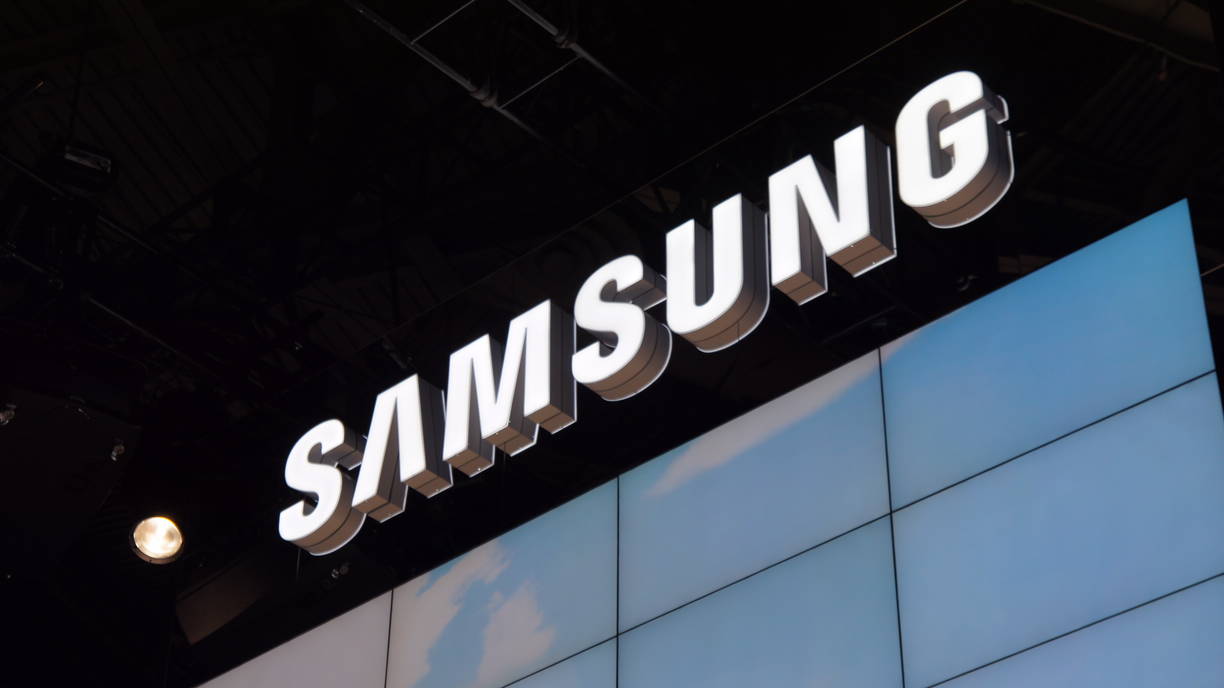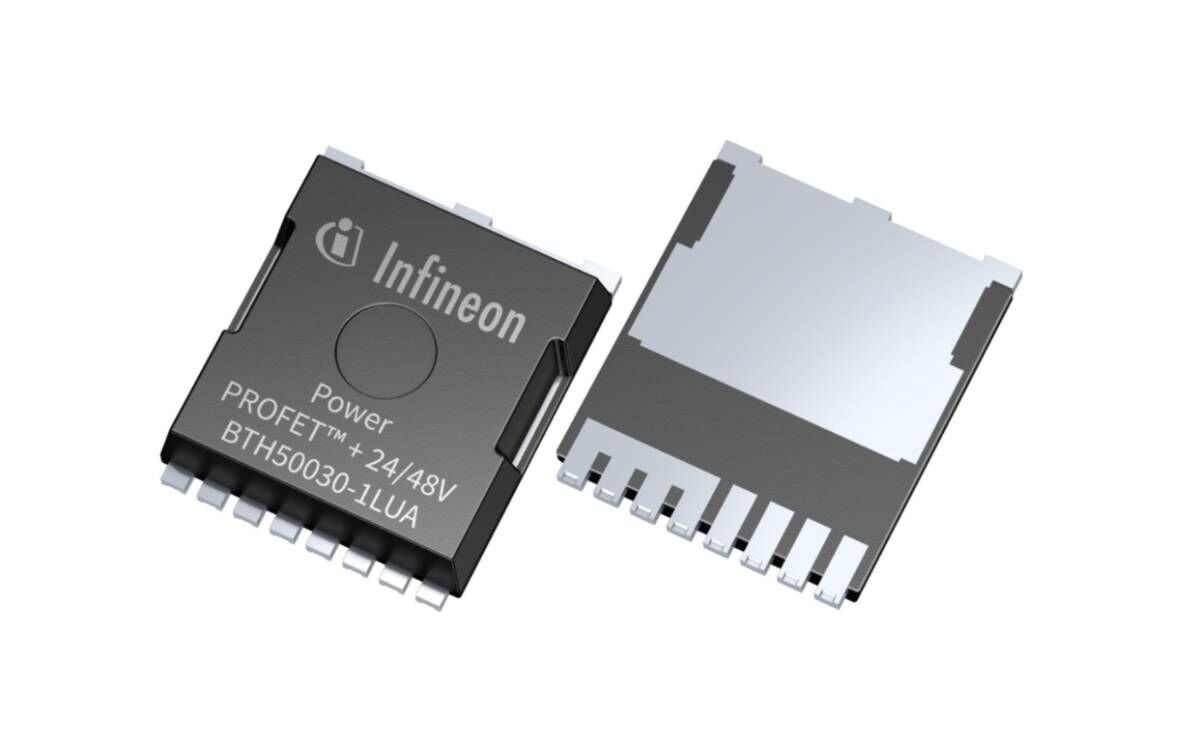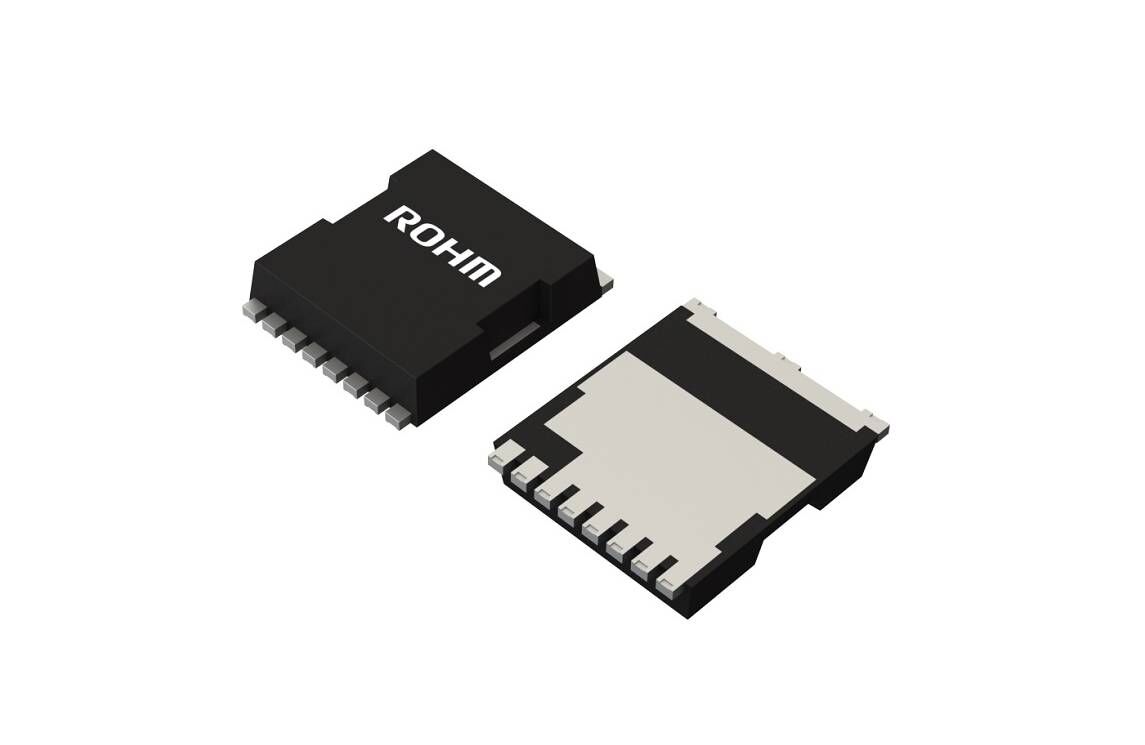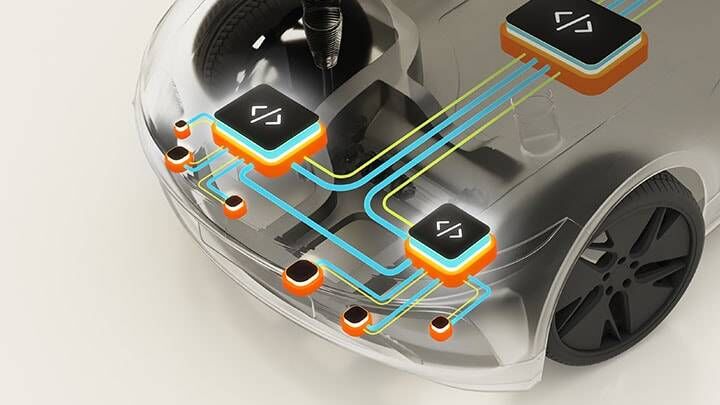Yesterday, Samsung announced that it began to use its 7LPP manufacturing technology to produce chips. This technique uses Extreme Ultraviolet Lithography (EUVL) to make the selective layer. The new manufacturing process will enable Samsung to significantly increase the transistor density of the chip while optimizing its power consumption and shortening its production cycle.
According to reports, 7LPP manufacturing technology can reduce the area by 40% while reducing power consumption by 50% or improving performance by 20%. The selection layer uses EUVL to enable Samsung Foundry to place more than 40% of transistors in its next-generation SoC and reduce its power consumption, it is a significant advancement in mobile SoCs.
Samsung will produce 7LPP EUV chips at its Fab S3 in Hwaseong, South Korea. The company said that using EUV can reduce the number of masks required for the chip by 20%. In addition, the company emphasizes that it has developed proprietary EUV mask inspection tools that enable early defect detection and eliminate defects early in the manufacturing cycle.
Samsung Foundry did not disclose its first customer name for its 7LPP manufacturing technology, but only hinted that the first chips used will be targeted at mobile and HPC applications. According to past practice, Samsung Electronics is Samsung Semiconductor's first customer to adopt its cutting-edge manufacturing process. Therefore, it is expected that by 2019, Samsung smartphones will launch a 7nm SoC.
"With the introduction of the EUV process node, Samsung has led a revolution in the semiconductor industry," said Charlie Bae, executive vice president of Samsung Foundry' sales and marketing team. “This fundamental shift in wafer production gives our customers the opportunity to significantly increase time-to-market with superior throughput, reduced layers and higher throughput. We believe 7LPP is not only the best for mobile and HPC, it is also suitable for a wide range of cutting-edge applications."












All Comments (0)